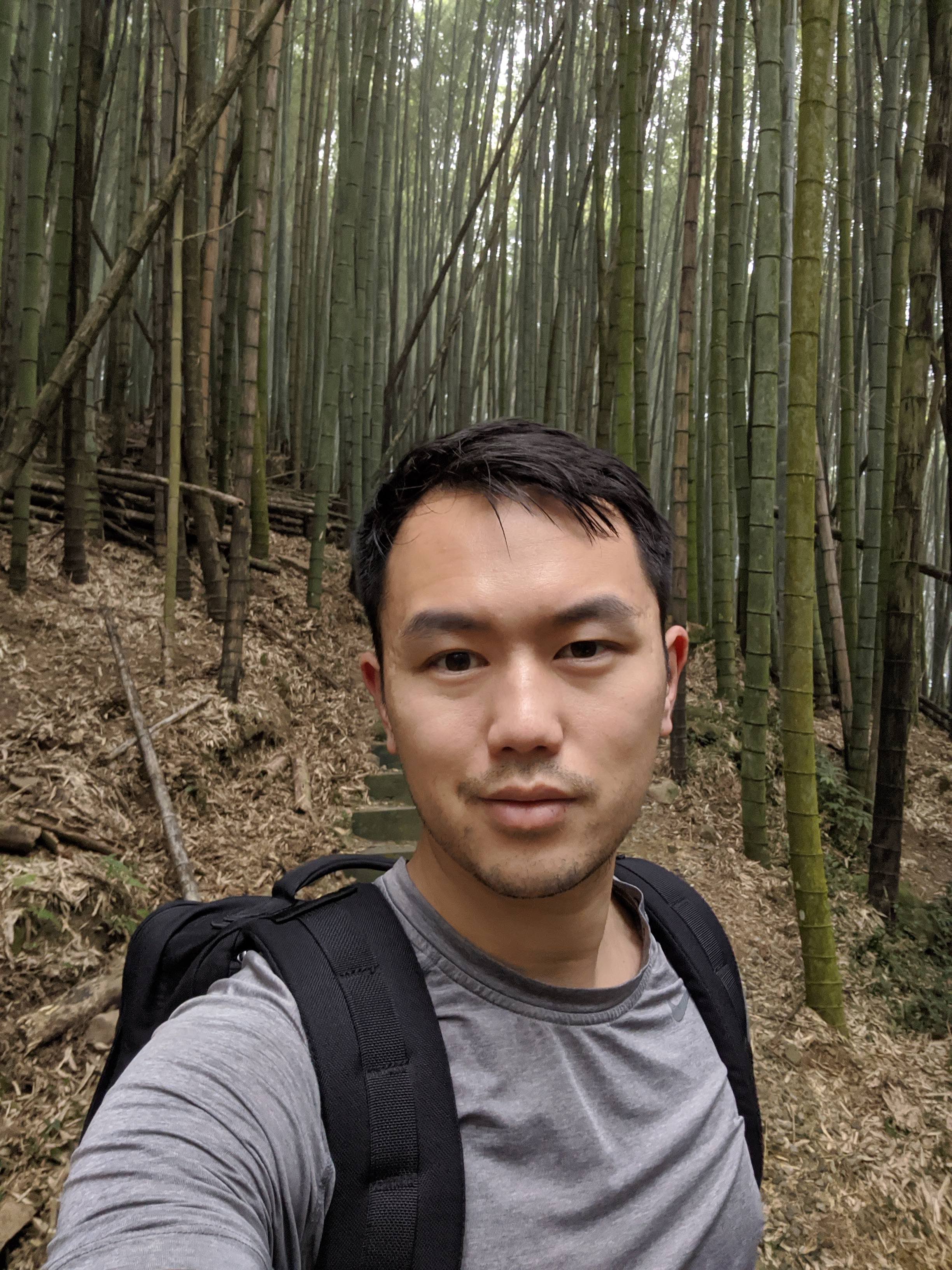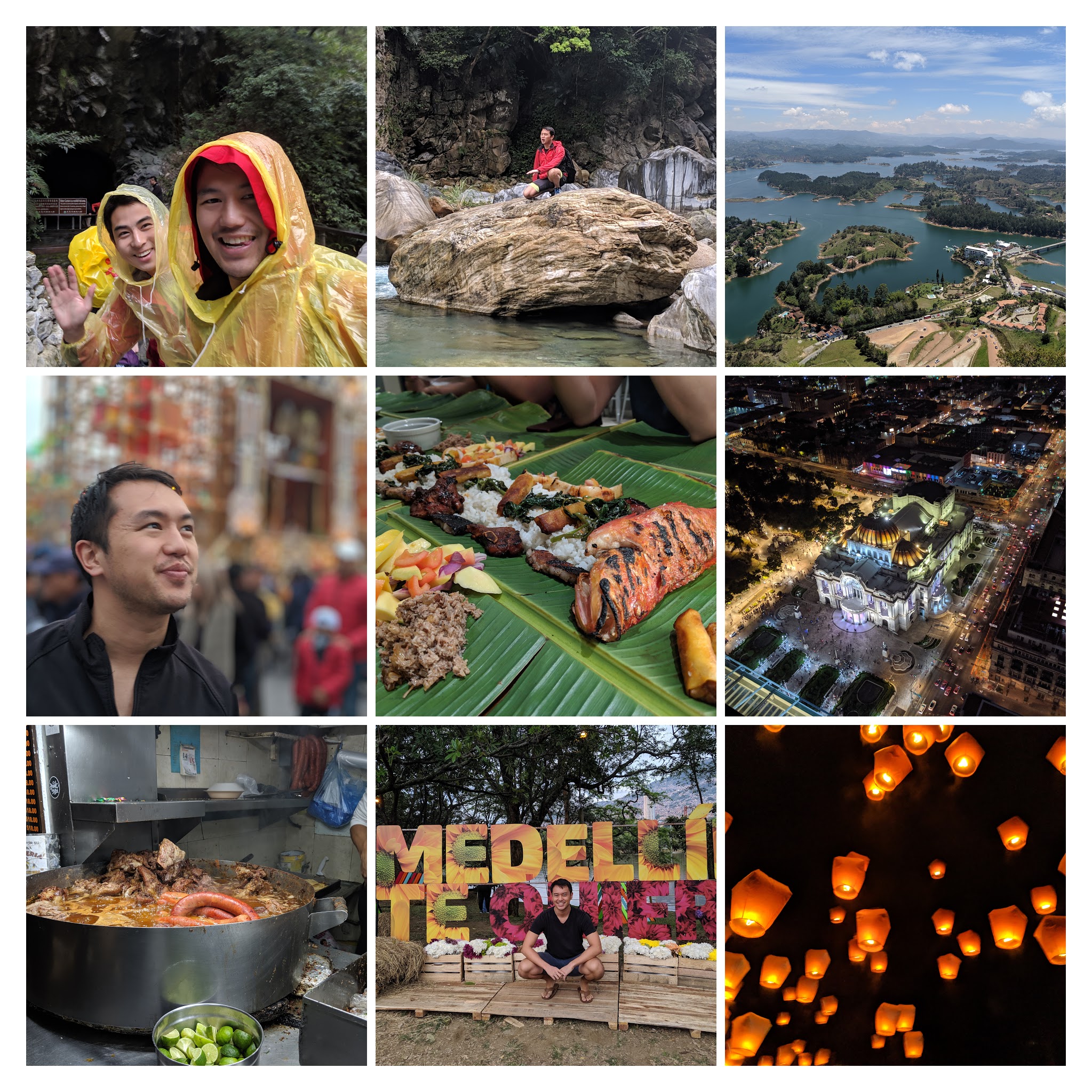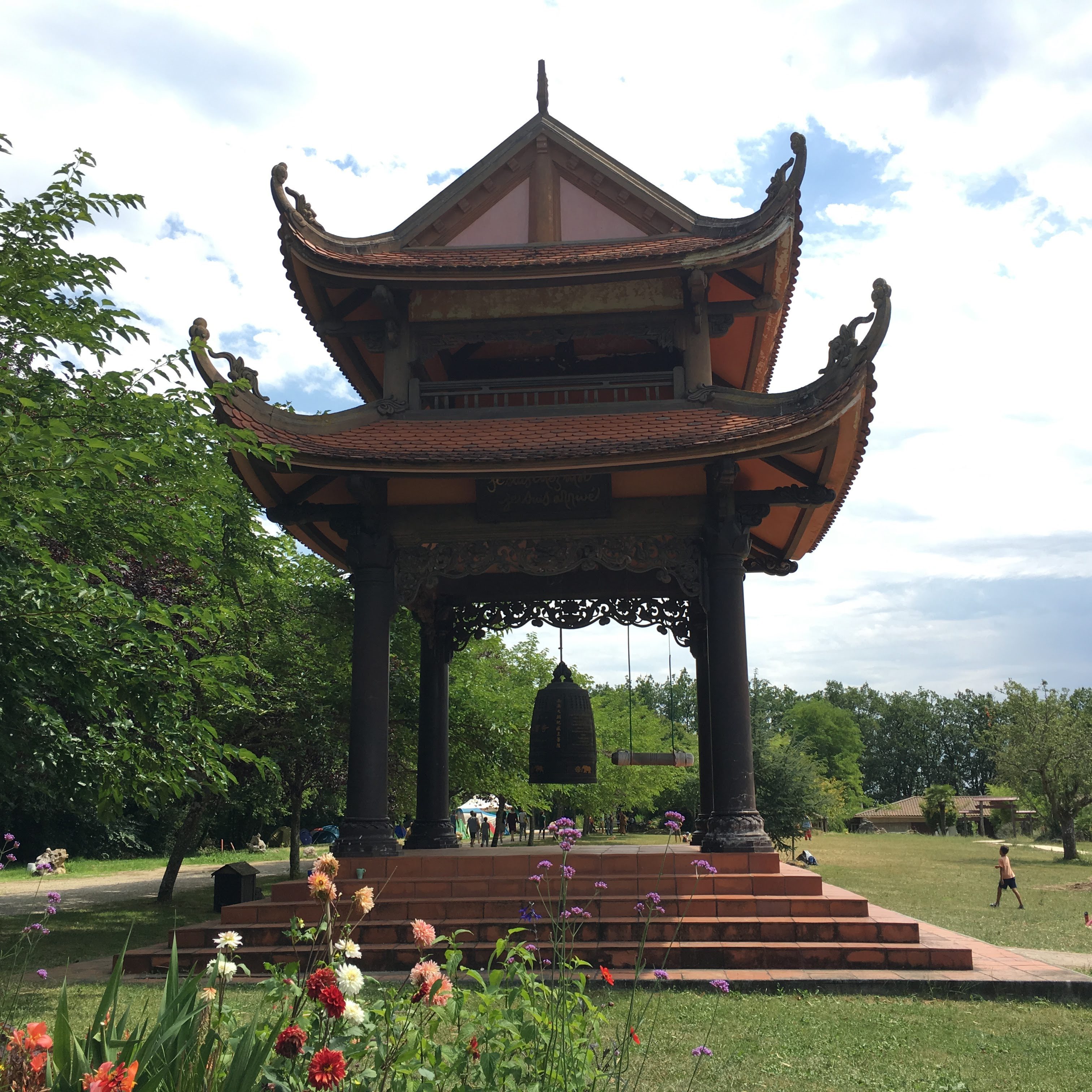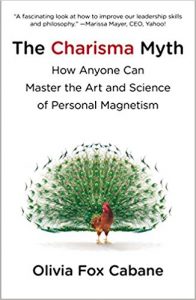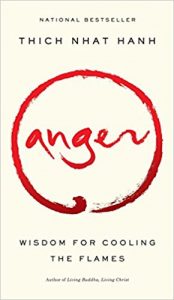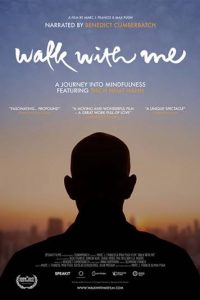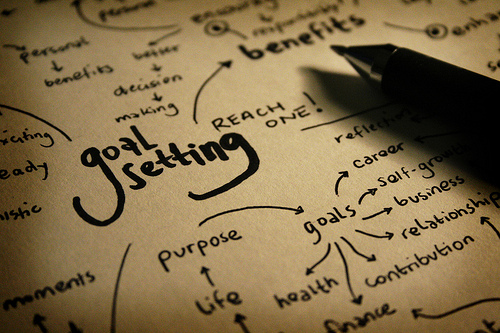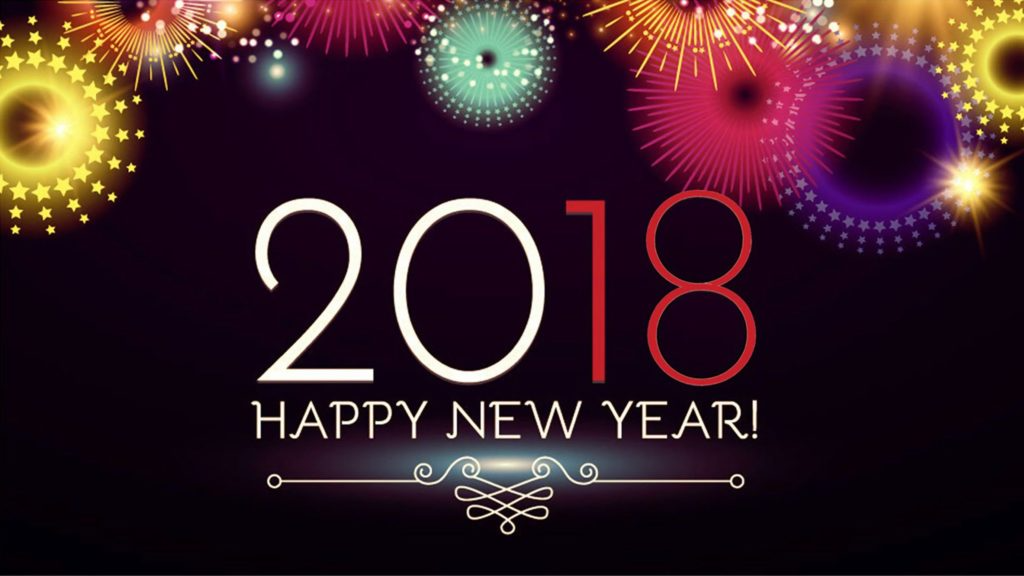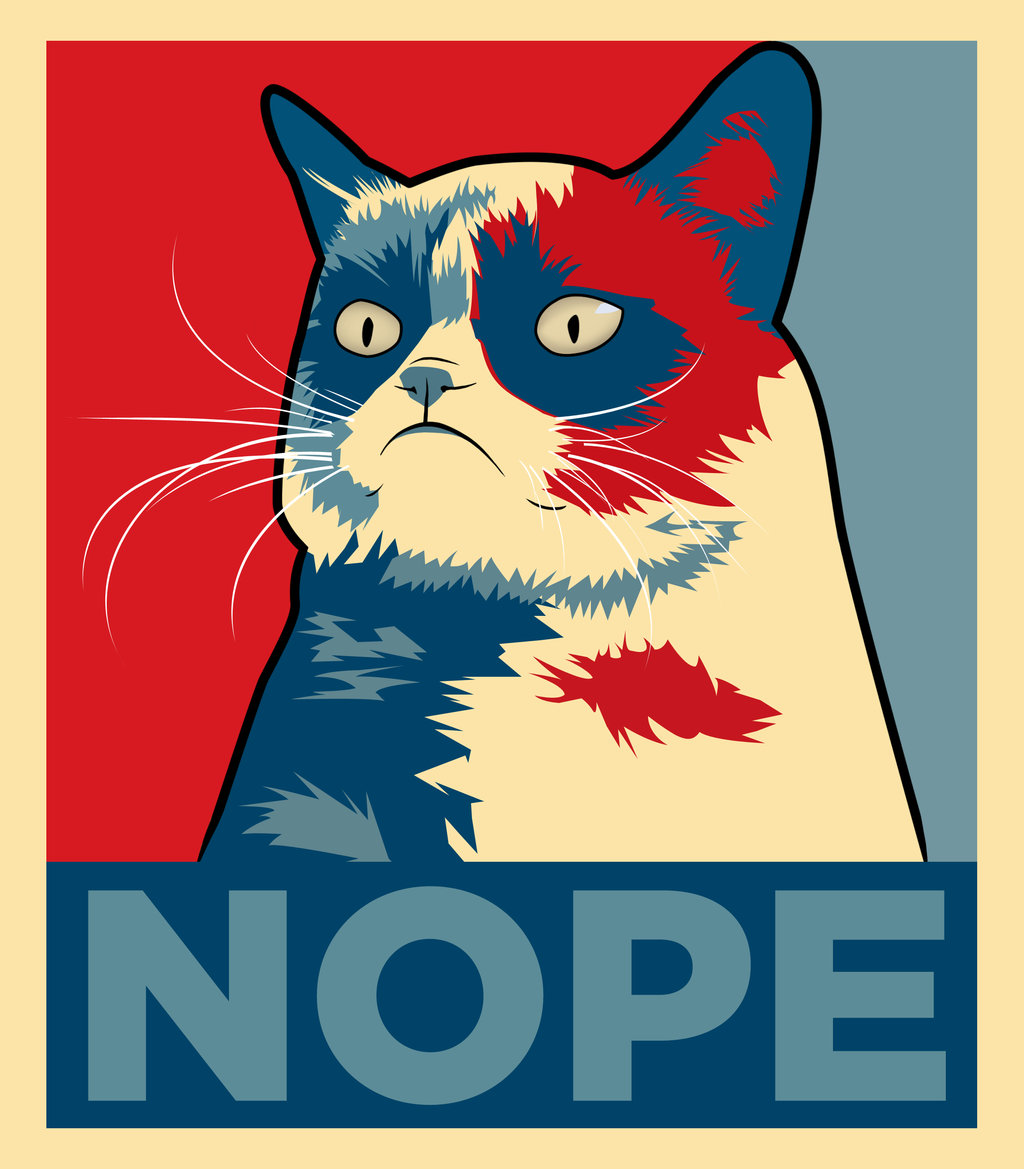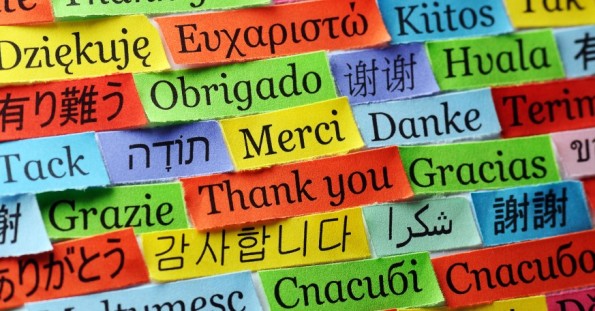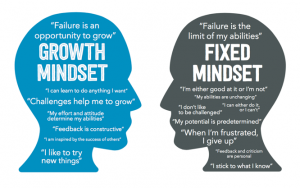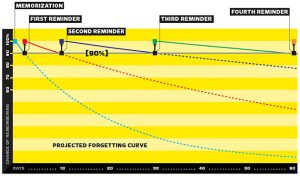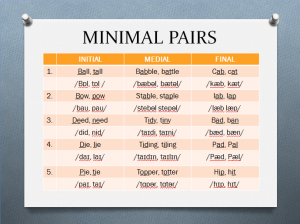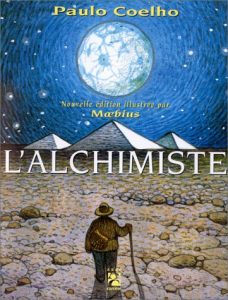Re-aligning
It’s crazy to say, but the world has changed a lot in the 3 months since I wrote and published my 2020 goals. Two rather large events have affected my world and, I think, the world at large:
- The acquittal of Donald Trump by the US Senate, and Trump’s apparent subsequent emboldening of his–as I view them–democracy-eroding behavior.
- The advent of COVID-19, and the entirely world essentially shutting down for the first time because of it.
I will need to revise a few of my goals in light of these happenings.
Getting Politically Involved
First, regarding Donald Trump: I am very, very concerned about what it means about our government that Donald Trump was acquitted without considering the full range of evidence and testimony. I am also very alarmed by Trump’s subsequent actions, which seem to indicate that he sees his acquittal as a free pass to double-down on many of his already concerning behaviors.
In particular, I increasingly feel that the government and the system that runs America today does not reflect the Constitution upon which the country was founded. Much of the Constitution was framed with the hope that honor and duty to country and to its founding ideals would trump–pun not intended–personal and partisan interests and loyalties. I believe that the Senate’s vote to acquit Trump without reviewing the full range of evidence and testimony is a clear sign that the Senate has failed to perform its intended function. It also says to me that many members of our government aren’t in office to uphold the ideals of our nation, and are instead clearly working in service of something else, likely their own personal thirst for wealth or power.
Additionally, Trump’s actions following his acquittal have me concerned that he sees this as a condonement of his already rather alarming behavior, and an invitation to be more even more flagrant in his abuse of power. We’ve watched him remove “disloyal” government officials and employees, and continue to attempt to consolidate power in the executive branch. Combined with the knowledge that many members of our legislative branch have shown themselves to be self-interested, I now worry about the idea of collusion between these two corrupt branches to permanently consolidate this power in ways that can only be fundamentally counter to what democracy–and particularly American democracy–is meant to be.
In short, I worry now that American democracy may be reaching the end of its life, and that time is truly running out to save it. I worry a little that Trump will find an excuse to stay in power, even against the will of the people. I worry very much that a national or international crisis like, for example, COVID-19 is all it might take for some people to willingly handover power to some of these more subversive government elements.
If what I’m saying seems alarmist or extreme, then, well, I very much hope that I am wrong and that I am overreacting. Because if I’m right, we may already be fucked.
How does all of this relate back to my goals? I cannot, in good conscience, ignore what is happening back home right now. This year’s presidential election is going to be pivotal, and I’ve come to realize that I will regret it if all that I fear comes to pass and I sat by and did nothing. I have been very seriously considering returning to the US in July to volunteer and participate in campaigns as much as I can. As a nomadic individual, I have a degree of mobility that most people do not, and I see this as an asset I can use. I could, for example, pick a few battleground states to live in and continue “nomading” within the US while doing important political work. Doing so will have a significant effect on my goals, as many of them will become unrealistic and will need to be revised.
COVID-19
However, as COVID-19 spreads and the world essentially shuts down, I am less and less convinced that it will make sense for me to return to the States to participate in campaign season in person, particularly because I doubt very much that it will be a good idea to have people traveling from state to state knocking on doors or congregating in large political rallies. Regardless, I do expect to devote some of my time to the political fight between now and November, though I’ll likely have to find ways to contribute remotely.
Of course, COVID-19 affects a lot of my other goals adversely as well. Realistically speaking, I foresee that I won’t really be able to travel for at least the next 6 months, if not for the rest of 2020. I think there are only two conditions that lead to the world opening up again: 1) we reach a point where expected case counts are within the tolerances of what our healthcare systems can handle, even with laxed containment measures or 2) a vaccine is approved and widely distributed. Since a vaccine isn’t realistically going to become available for at least 12-18 months, condition #2 isn’t something I think we’ll all end up waiting around for. (Plus, you have to consider that even after a vaccine is developed, tested, and approved, it will take a significant amount of time and resources to produce it en mass and distribute it to the populace.) So, realistically, condition #1 could start to happen in the next 6 months, but likely only in countries that handled their initial response well.
An unfortunate, and likely less-oft considered side-effect of all of this is that anti-Asian racism will also likely limit my ability to travel outside of Asia, potentially for a long time after COVID-19 is no longer public enemy #1. Already, I’m hearing reports of discrimination, and sometimes even outright physical assault against Asians even in Europe and the United States. I can only imagine what things will look like in less progressive parts of the world like Central and South America or Africa.
Changes to 2020 Goals
The reality of the situation is that I need to be prepared to hunker down somewhere, and likely for as long as a year. Right now that place is Taipei, Taiwan, where I just completed 14 days of self-quarantine. Depending on the situation, I am considering the idea of pursuing a 1-year entrepreneurship visa in Taiwan so that I can legally stay here to weather COVID-19.
So, realistically speaking, I won’t be doing any of the following this year:
- Spend 3 months in Japanese-speaking countries
- Attending the olympics in Tokyo, Japan
- In actuality, I also wasn’t able to secure affordable tickets anyway, but now I feel less bad about not going haha…
- Spend some time at a Plum Village location in Asia
- I actually had planned to go to Plum Village in Thailand in March, but my retreat was cancelled by the monastery due to growing concerns over COVID-19
The following goals are likely to be harder to execute this year:
- Learn to talk to attractive women
- Dating and social interaction isn’t exactly encouraged during these strange times
- Learn French
- I am a strong believer in immersion and, while I can continue to practice French here in Taiwan, I don’t know that it makes sense to make it a focus for 3 months the way I had intended to before
- Exercise
- I’ll still be able to exercise, but due to COVID-19 I will likely need to find alternatives to going to the gym and lifting weights for a while.
Otherwise, though, most of my goals look to be location-independent, and perhaps don’t require that much extra adjusting. I don’t think I’m going to add anything drastically new to make up for what COVID-19 has made impossible, but since a few of my language goals have been affected, and I’m likely to end up with an extended stay in Taiwan, so I think will redouble my efforts in both Chinese and Japanese, though without modifying the existing OKRs too much.
Here are the edits I’m making to my OKRs (red items are being removed, green items are being added):
- Learn to talk to attractive women
- OKR: Create and complete a 30-day challenge for myself with challenges sourced from friends
- OKR: Complete the challenges from Rules of the Game
- OKR: Delete all dating apps, and don’t use them for the entire year
- Deepen my mindfulness practice
- Meditate more
- Habit: Use Headspace to meditate every day shortly after waking up
- OKR: Spend some time at a Plum Village location in Asia
- Meditate more
- Learn French
- OKR: Pass a B2 language test in French
- I’m thinking I might take this in Hanoi, where official French language tests can be found at a discount
- Spend 3 months focused on learning French
- OKR: Log at least 4.5 hours of conversation or class time each week.
- If I like this model, I may consider implementing it in other countries for other languages. Thus far I’ve been hesitant to sign-up for classes due to cost and concerns that classes might move too slowly or fail to fit with some of my existing language learning workflows.
- OKR: Log at least 4.5 hours of conversation or class time each week.
- OKR: Pass a B2 language test in French
- Learn Japanese
- OKR: Memorize the first 600-1000 most common words in Japanese
- OKR: Spend 3 months in Japanese-speaking countries
- OKR: Complete the Duolingo Japanese program
- Add all new words and sentence patterns introduced by this program to Anki
- Learn Chinese
- OKR: Spend 3 months in Chinese-speaking countries
- OKR: Complete the Duolingo Chinese program
- Add all new words and sentence patterns introduced by this program to Anki
- Habit: Add at least 30 new Chinese Anki cards a day for the duration of my stay in Taiwan
- Improve my health
- Get back into shape
- Get lean
- Reach 10% body fat
- Habit: Measure body composition every day so I can tell if current efforts are working
- Habit: Track the foods I eat every day so I can correlate diet to fat loss
- Habit: Take a full set of body circumference measurements once a week
- Reach 10% body fat
- OKR: Find a training program I feel I can trust and stick to it unless body composition results show I’m not moving toward where I want to go. Re-evaluate programs every ~12 weeks.
- OKR: Find a diet plan and stick to it long enough to evaluate results.
- Get lean
- Get back into shape
- Learn to play the ukulele
- Habit: Practice at least 10 minutes a day for at least 3 months
I am cautiously adding the ukulele to this list of goals because I’ve been traveling with a ukulele for a while now, and feel I haven’t been making good use of it. I’d like to see if I can get to a point where I feel good about my ukulele skills so I can decide whether or not to continue to bring it with me on my travels. This also feels like a fun skill to pick-up now that I’m dropping most of my previous social commitments due to COVID-19. It would probably be better to practice 20 minutes a day, but I’m going to make the requirement lower than that just to get myself to dedicate mental space for it every day. My guess is that most days I’ll be having fun and end up practicing closer to 20 minutes each day anyway.
For exercise in Q2, I’m going to complete a 12-week half marathon program. My rationale is that, since I can’t really go to the gym, running is a natural fallback for me, since it’s always been my primary sport. Running will hopefully also pair well with my fat loss goals, since running long distances at slower speeds supposedly helps to burn fat. On average, training for a half marathon isn’t too time consuming (generally less than an hour per day, except for one longer day a week), and the program I’ve chosen has a good mix of intensity balanced with distance, so I’ll still feel like I’m working myself hard.
For cross training days while I follow this program, I plan to do some bodyweight HIIT targeting my upper body, since I won’t be working it as frequently as I had been this quarter. On rest days, I’ll likely also make sure to do a short abdominal workout routine so all my bases are covered.
For diet this quarter, I would like to try to stick to the slow-carb program and see how it works for me. Q1’s diet plan was based on calorie restriction and macro counting. It worked pretty well, but I feel like I’ve plateaued, so I think it’s time to change things up.
Review
How did I do in Q1? I’d actually give myself a B/B+ for my work this quarter. I fell off a bit in the last month of Q1, but for the most part I was pretty focused and hit a lot of what I wanted. A B/B+ is actually one of the highest ratings I’ve given myself so far, so it’s exciting to see early indications that some of my changes may be working :)!
Quantitative
- Language learning
Learn FrenchOKR: Pass a B2 language test in FrenchSpend 3 months focused on learning FrenchOKR: Log at least 4.5 hours of conversation or class time each week.
- Learn Japanese
OKR: Spend 3 months in Japanese-speaking countries- OKR: Memorize the first 600-1000 most common words in Japanese.
- I haven’t started a concerted effort to take words off this list yet. So far, I’m mostly farming vocabulary from Duolingo, which I think is preferable.
- Learn Chinese
- OKR: Spend 3 months in Chinese-speaking countries
- Habit: Complete Anki reviews daily.
- I’ve missed a couple days here and there, but always end up making them up promptly.
- Improve my health
- Get back into shape
- Get lean
- Reach 10% body fat
- Habit: Measure body composition every day so I can tell if current efforts are working
- I’ve barely missed a day of doing this.
- Habit: Track the foods I eat every day so I can correlate diet to fat loss
- I started out strong doing this, but then fell off the cart toward the end of the quarter.
- Habit: Measure body composition every day so I can tell if current efforts are working
- Reach 10% body fat
- OKR: Find a training program I feel I can trust and stick to it unless body composition results show I’m not moving toward where I want to go. Re-evaluate programs every ~12 weeks.
- I chose this program and stuck to it pretty closely.
- OKR: Find a diet plan and stick to it long enough to evaluate results.
- I would give myself a 60% compliance rate with my diet haha…
- Habit: Exercise at least 3 days a week
- I’m easily doing closer to 5-6 days a week
- Get lean
- Get back into shape
- Learn to talk to attractive women
OKR: Create and complete a 30-day challenge for myself with challenges sourced from friendsOKR: Complete the challenges from Rules of the Game- OKR: Delete all dating apps, and don’t use them for the entire year
- I’ve caught myself kind of tempted to download these once or twice, but on the whole I’m finding I’m quite happy without them.
- Launch a successful project
- OKR: Launch at least 2 projects of my own this year.
- Presently, potentially a little off-track to hit this.
- OKR: Take on no more than 3 months of consulting work this year.
- It helps that I haven’t had any leads this year yet.
- Habit: Work on projects 6 hours a day
- I’d give myself 50-60% compliance. I’ve had a number of days where I felt like I didn’t quite hit the 6 hour goal, and then never made-up the time. Hoping my new implementation plan will help me to stay focused and motivated.
- OKR: Launch at least 2 projects of my own this year.
- Read more
- OKR: Read 52 books
- 17/13 books for Q1
- Learn to speed read
- OKR: Eliminate subvocalization while reading
- Habit: For at least 3 months, spend 10 minutes using speed reading training software each day
- I had very high compliance with this for 2 months. Then dropped off.
- Habit: Take a reading speed test every week or two to measure progress
- Habit: Read at least 2 pages a day
- I was good about this for about a month, then started to totally blow it off.
- OKR: Read 52 books
- Deepen my mindfulness practice
- Meditate more (aim for once a day; consistency matters more than duration)
- Habit: Use Headspace to meditate every day shortly after waking up
OKR: Spend some time at a Plum Village location in Asia
- Meditate more (aim for once a day; consistency matters more than duration)
- Write more
- OKR: Write one blog post per new city/country I live in
- I still owe the world a blog post about Mexico City, which I’m still drafting.
- OKR: Finally write the blog post I’ve been meaning to write about “ideal love” theory
- Habit: Write at least 100 words every weekend
- I’ve done this most weekends, though again the last month of Q1 I started to fall off the cart.
- OKR: Write one blog post per new city/country I live in
- Improve my relationship with my immediate family
- OKR: Find an online therapist I like to help me navigate difficult emotional issues involving family relationships
- Habit: Call each family member weekly
- Habit: Discuss progress on family relationships with a therapist weekly
- My therapy sessions have been kind of all over the place. I’ve maybe talked about my family in 2 or 3 out of nearly 10 to 12 sessions. I guess I have lots of other things to talk about :P.
Qualitative
Qualitatively, I feel like I did pretty well. I spent the entirety of the quarter in Taipei, fulfilling my “Spend 3 months in Chinese-speaking countries” OKR. I’m generally able to have conversations with locals in Chinese, though there are still a lot of words I won’t recognize, and I’ll often need them to either explain or re-express themselves using different words.
Work-wise, I did OK, but not great. I didn’t release anything new to users this quarter, which is a little disappointing to me, but I have made a good amount of progress towards some new features for a product that I’m excited about. I realized too late that my work this quarter had been a little unfocused due to the lack of a real scoping/planning session to ensure that I knew what was important and why. As a result, I had a lot of days where I felt kind of frustrated that things weren’t moving more quickly, or where I felt a little lost in the process. I’ve now taken the time to really write out a plan that outlines the what, the why, and the how of my work for the next couple of months, and so far I think it’s been helping a lot. In the future, I need to remember to set aside a couple days to do this at the beginning of every major chunk of work.
I do think, however, that I need to be a little more disciplined about work time and vacations. I feel like I didn’t work nearly as much this quarter as I had intended to, in part because I had some unexpected time off, and in part because some days I just struggled to get my full 6 hours in.
Health- and exercise-wise, I feel pretty good about my efforts. I exercised pretty much 6 days a week for virtually the entire quarter. I didn’t do as well about following my diet, on average, and I do partially have 14 days in home self-quarantine to blame for that, but my results on the scale have been promising nevertheless. I’m down over 10 pounds this quarter, and my body fat looks to have dropped somewhere between 2 and 3 percent. It’s been hard to get accurate body fat measurements, so I don’t really know exactly how close I am to 10% at this point, but I’d guess I’m somewhere in the range between 13 and 16 percent, which isn’t a bad place to be.
Meditation has been going well. I have actually meditated every day for at least 10 minutes. I’ve found that 20 minutes sometimes feels too long and starts to mess with my morning routine, so I’ve started to allow myself to do shorter sessions so that I don’t feel tempted to skip the sessions entirely.
Reading is going very well. I’ve already ready 17 books this year, so I’m way ahead of the 13 I needed to stay on track for 52. I think all of the books I’ve read have so far been audiobooks, however, so I’m still struggling to make reading physical books a real habit. I’ll take what I can get, though, and I do feel like the audiobooks have had the intended effect of forcing me to learn and think about interesting topics, and generally philosophically engage with the world around me.
I did also do a good amount of speed reading this quarter, though I started to peter out after about 2 months. If the speed reading tests in the app I’m using are accurate, my reading speed has increased from ~250 words per minute (average for someone who subvocalizes) to something closer to 375 words per minute. I’m starting to learn what it feels like to read with less subvocalization, but I certainly haven’t eliminated it yet.
Therapy has been going well. I found a therapist I like, and she’s been helpful in pointing out some of my patterns, validating my own thoughts and ideas around my weaknesses, and occasionally giving advice to push me to think more deeply. I don’t know that I’ve necessarily witnessed a tangible change wrt to my relationship with my family, but I do feel like we’ve been getting along OK, and I have been good about calling every week. (I’ve maybe missed one or two weeks here and there.)
Conclusion
On the whole, I feel like things are going surprisingly well with my goals, and I don’t feel I need to take a whole lot of corrective action. I will, however, want to pay special attention to the last month of Q2, when my habits are more likely to fall off, and I’ll need to make sure I take the time to scope out and plan my work so that I stay on track.
